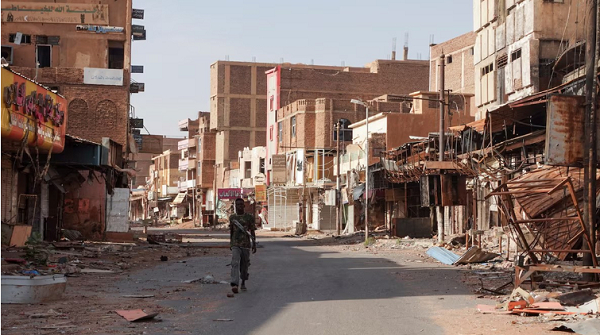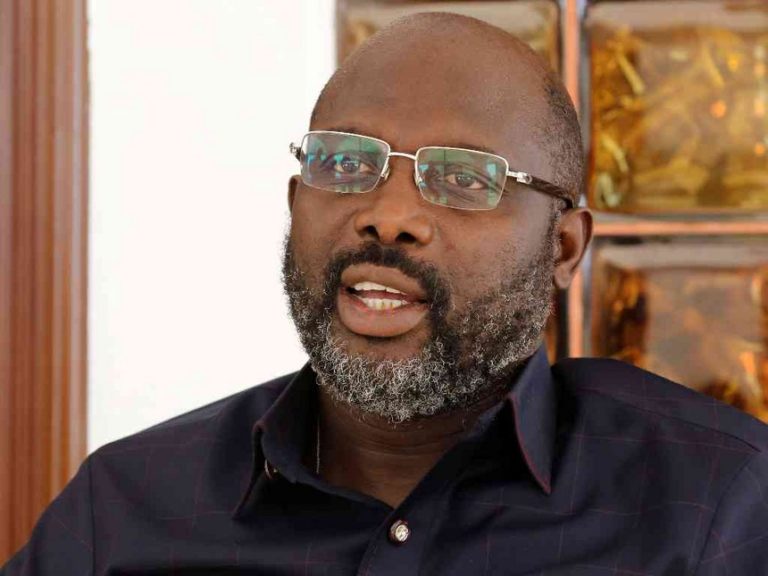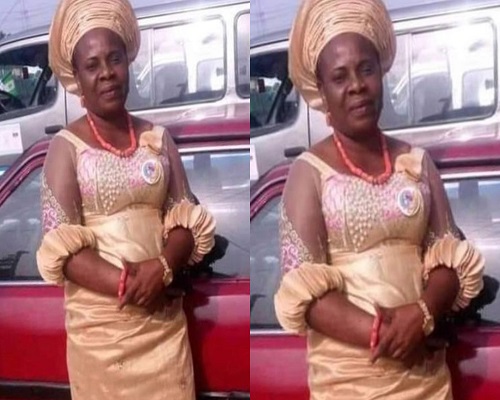Zimbabwe arrests election monitors as opposition lashes ‘flawed’ poll

Monitors from Zimbabwean pro-democracy and pressure groups were arrested in multiple raids on Wednesday night and their computers and mobile phones were seized, police said.
“The equipment was being used to unlawfully tabulate election voting statistics and results from polling stations,” police said, describing the activity as “subversive and criminal”.
Less than a quarter of polling stations in Harare — an opposition stronghold — opened on time on Wednesday, electoral authorities said, blaming delays in printing ballot papers.
The problems forced President Emmerson Mnangagwa, who is seeking a second term, to issue a late-night directive extending the vote by another day.
In dozens of polling stations, voters braved long waits for ballot papers to be delivered for the triple elections, for the presidency, legislature and municipal councils.
Patrick Chinamasa, ruling ZANU-PF’s treasurer, said the share of polling stations where voting was delayed was “insignificant” and “would not tarnish the reputation” of the election.
The poll is being watched across southern Africa as a test of support for Mnangagwa’s ZANU-PF party, whose 43-year rule has been battered by a moribund economy and charges of authoritarianism.
The largest opposition Citizens Coalition for Change (CCC), which poses the biggest challenge to Mnangagwa, lashed the electoral process as “fundamentally flawed.”
Delays, intimidation and other irregularities meant the ballot was “unable to produce a free and fair electoral outcome,” CCC spokesman Promise Mkwananzi told reporters.
“Nonetheless we knew this beforehand, and we have prepared ourselves to win an unfree and unfair election.”
Nelson Chamisa, head of the CCC, earlier slammed the delays as “a clear case of voter suppression, a classic case of Stone Age… rigging”.
Chamisa, 45, is the main challenger to Mnangagwa, 80, who came to power after a coup that deposed late ruler Robert Mugabe in 2017.
Confident of victory, he wrote on X, formerly Twitter: “It’s a decisive win!”.
Chaotic vote
In Glen Norah, a southwestern suburb of Harare, ballot papers only arrived around 2:00 am (0000 GMT) — some 17 hours behind schedule.
On Thursday morning, voters returned to a school used as a polling station.
“We waited for the whole day,” said Lawrence Dzukutu, 52, a vendor who returned to cast his ballot, having spent 16 hours outside the school gates on Wednesday.
While frustrated, many were determined the election would still go their way.
A doctor, Tafadzwa Chipfuva, 43, was confident his vote would matter. “It has to count, that’s why I am here,” he said.
At 6:00 pm on Thursday, voting was “still ongoing” in some areas, electoral commission deputy chairman Rodney Kiwa told AFP.
Ballot counting in those areas would only start on Friday, he said. Authorities are confident of announcing the results before the Tuesday deadline.
Analysts described the vote as arguably the most chaotic in Zimbabwe’s history.
The confusion was “unprecedented”, said Sara Dorman, a specialist at Scotland’s University of Edinburgh.
“It is quite hard to understand how a country can run elections regularly since independence and then have such a chaotic election day.”
Dorman said she was reminded of elections in 2008, when a strong opposition showing was followed by a wave of political violence and repression.
“The polling stations that were lacking in ballots were all in areas that are considered opposition strongholds,” she said.
Decline
As a white-ruled British colony named Rhodesia, the country broke away from London in 1965, gaining independence in 1980 after a long guerrilla war and renamed Zimbabwe.
But under Mugabe, its first leader, the fledgling democracy spiralled into hardline rule and economic decline, with hyperinflation wiping out savings and deterring investment.
Chamisa has vowed to stamp out corruption, revive the economy and end the international isolation that began under Mugabe.
Yet, in a nation with a history of tainted elections, few believe the youthful lawyer and pastor has many chances.
Chamisa narrowly lost to Mnangagwa in 2018, a poll that he condemned as fraudulent and was followed by a deadly crackdown.
Source: thecitizen.co.tz





